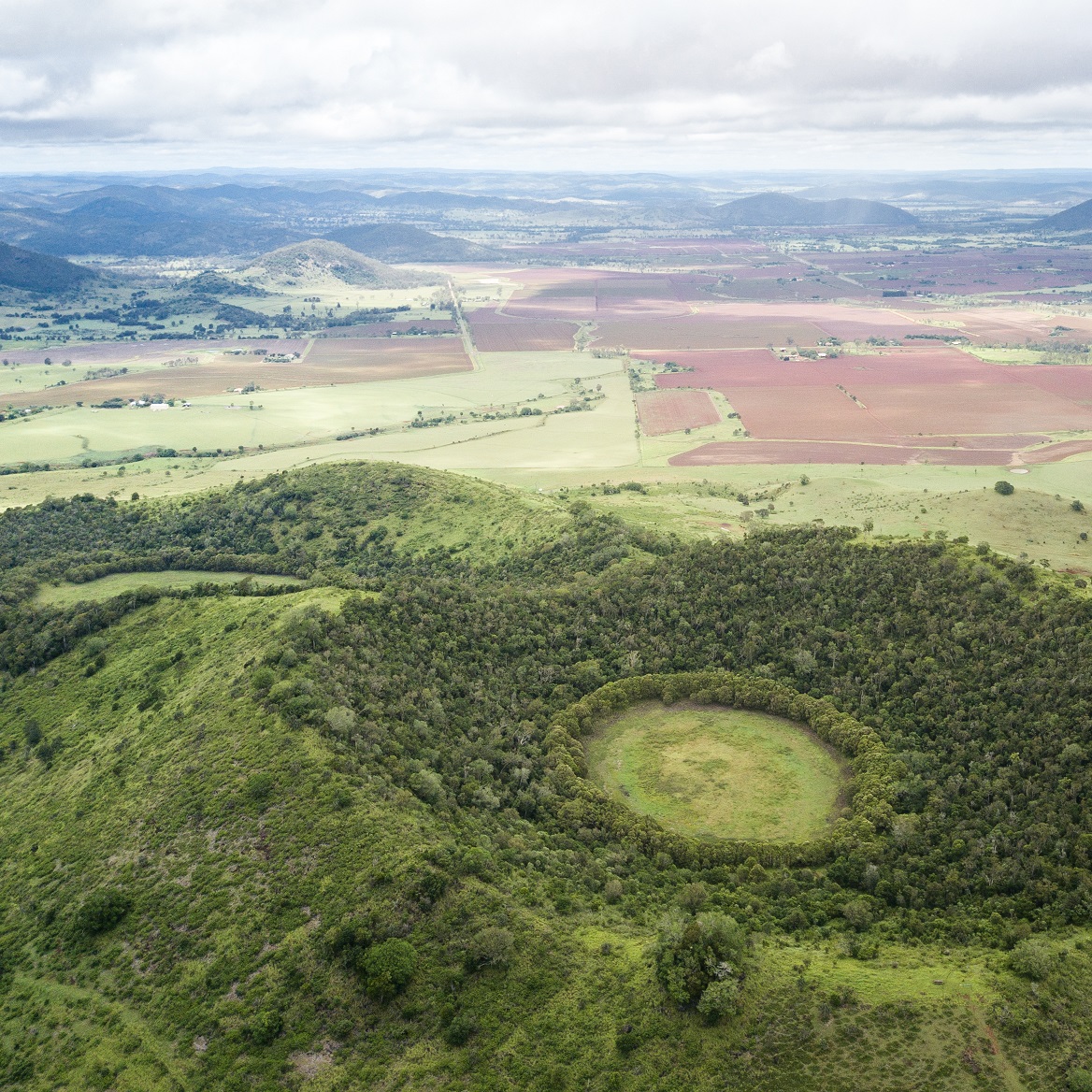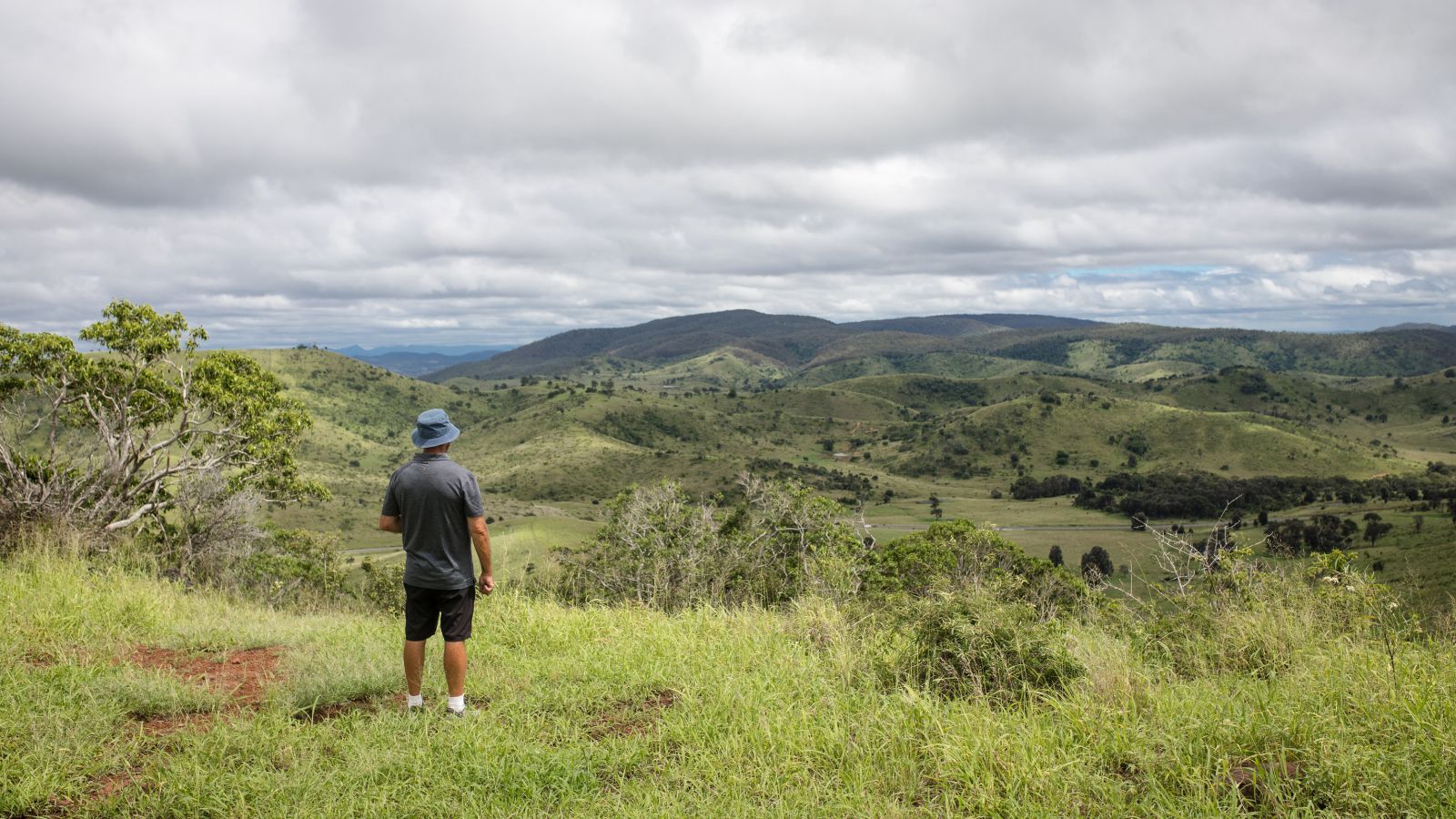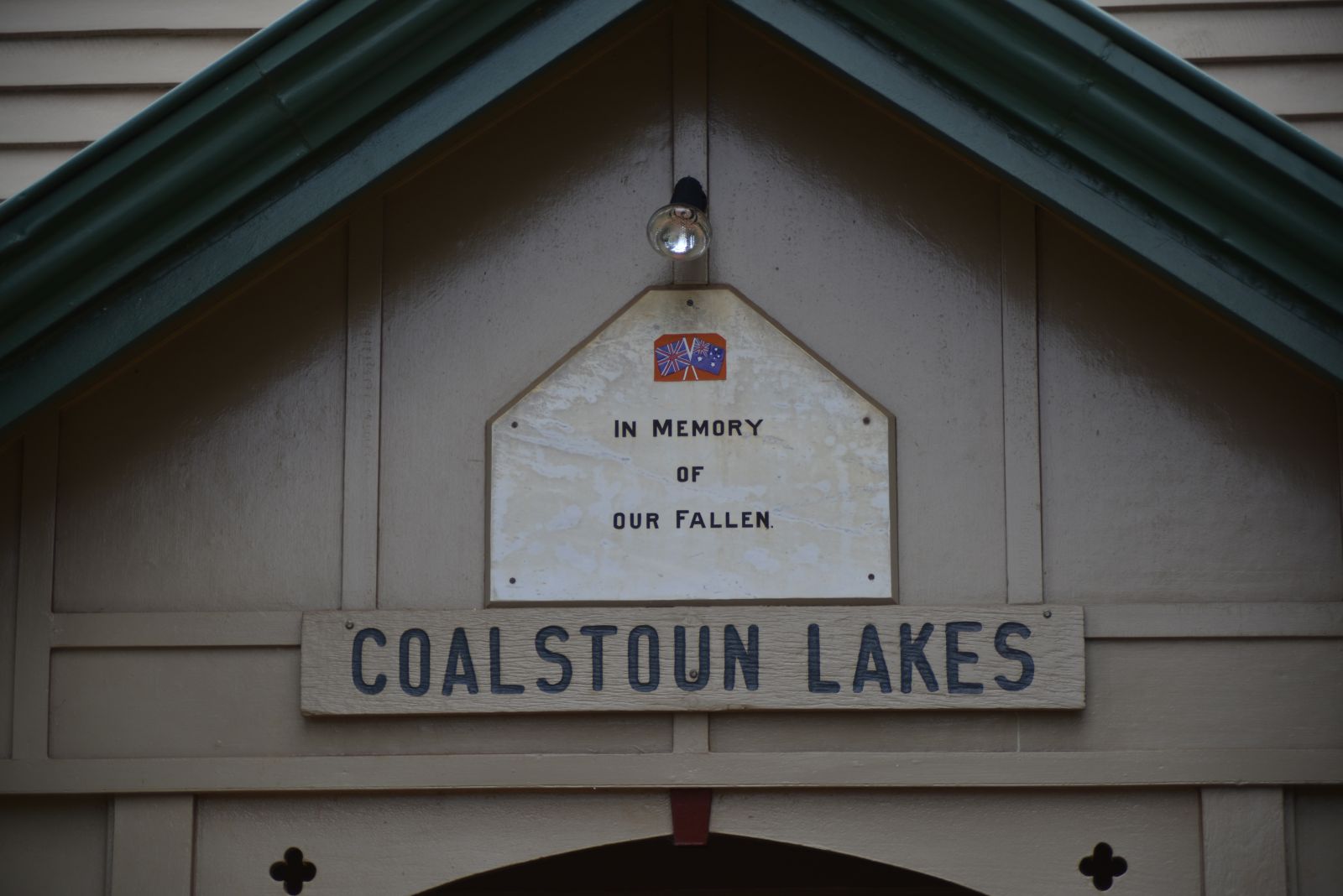Coalstoun Lakes
Getting here
Coalstoun Lakes is a rural town and locality in the North Burnett Region, Queensland, Australia. Coalstoun Lakes is 20km south - west of Biggenden and 235km north - west of Brisbane.
The lakes were named by local pioneer, Nugent Wade Brown, in 1894. The meaning of the name is not known but it has been speculated that Coalstoun is the corruption of an Aboriginal word Goanalganai. In fact, the name 'Coalstoun' is a corruption of the word 'Colstoun' which was the ancestral home of the Brown family in Scotland.
Things to do
Located 4km north of Coalstoun Lakes township is the Coalstoun Lakes National Park. Rising 200m above a broad cultivated valley, is an extinct volcano, Mount Le Brun, which contains two large craters which occasionally fill with shallow lakes. Coalstoun Lakes offers excellent opportunities for viewing wildlife.
For a great view overlooking one of the volcano craters and the farming land below, a hike to the Lookout is well worth while.
Those adventurous with bush walking experience will enjoy spending time at the bird hides observing wildlife around the lakes and in the dry rainforest canopy. The two bird hides along the track are most useful when the lakes are full after heavy rain, and water birds flock to the two crater lakes.
For walking track information, map and park alerts please check: https://parks.des.qld.gov.au/parks/coalstoun-lakes/


The Coalstoun Lakes Memorial Hall, located on the Isis Highway, showcases the history of the Coalstoun Lakes area.
In 2002, a memorial and plaque in memory of George R Witton and all local men who fought in the Boer War (1899-1902) was erected in the grounds of the hall. Witton served with the infamous Harry ‘Breaker’ Morant and was tried, along with Morant and several other Carbineers, for the murder of a number of Boer prisoners and a German missionary who allegedly witnessed the shootings. Witton, Morant and Peter Joseph Handcock were found guilty and sentenced to death, but Witton received a reprieve, while Morant and Handcock were executed. Witton was transferred to a prison in England, where he was pardoned and released in 1904. He returned to Australia and eventually settled in Coalstoun Lakes in 1910, where he grew pineapples and later became a dairy farmer.
Share your adventures with us on Facebook and Instagram! #visitnorthburnett

